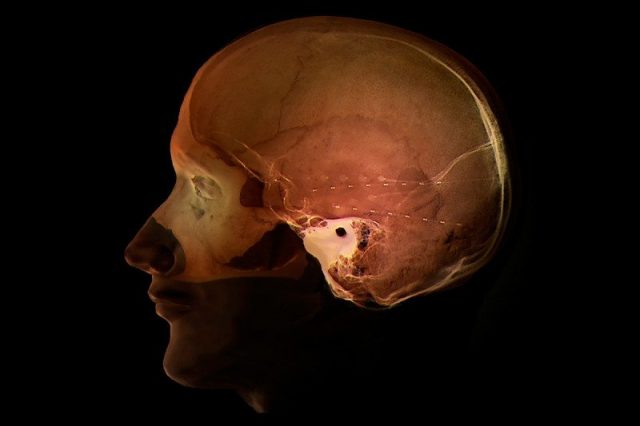MI weekly selection #229

Electrical stimulation to brain at right time can improve memory
Electrical stimulation sent to the brain at certain times can boost memory. Scientists found that sending a jolt when brain signals suggested a likely memory lapse helped the person’s recall significantly, but a zap when signals indicated something would be recalled reduced the chance a person would remember it.
Inside naked mole rats’ ability to endure long periods of oxygen deprivation
The naked mole rat can endure low oxygen levels for hours and can even go completely without oxygen for up to 18 minutes. The mammals convert fructose into fuel, which allows them to go into a sort of hibernation for a period without oxygen.
Macrophages play part in keeping heart beating
Macrophages are not just immune cells — they also help the heart beat. Researchers looked at mice to find out what macrophages did in heart muscle cells and found that they provide an electrical boost that helps the heart contract and pump blood.
Study associates diet soda intake with increased dementia, stroke risk
Researchers found that adults who drank one artificially sweetened soda daily were nearly three times as likely to develop dementia and ischemic stroke over 10 years, compared with those who didn’t drink diet soda. The findings in the journal Stroke, based on data involving 4,372 adults ages 45 and older, also showed a 2.6 times increased odds of stroke but not dementia among those who drank six or fewer diet sodas a week.
March for Science a life-changing experience for 3 organizers
Organizing Saturday’s March for Science has been a life-changing experience for the three young scientists behind the global movement that began in January. Caroline Weinberg, Jonathan Berman and Valorie Aquino have had to put their work aside as interest in the march swelled.